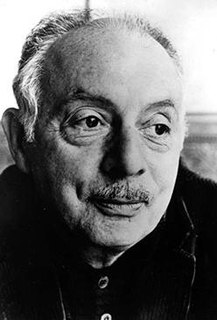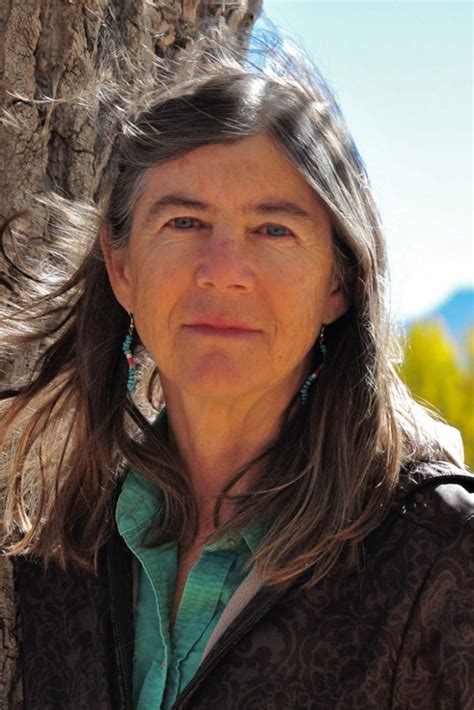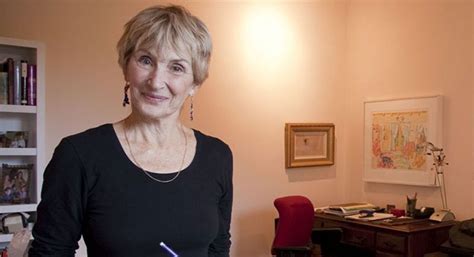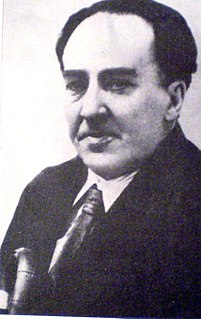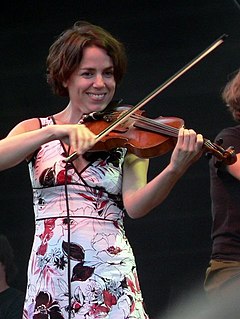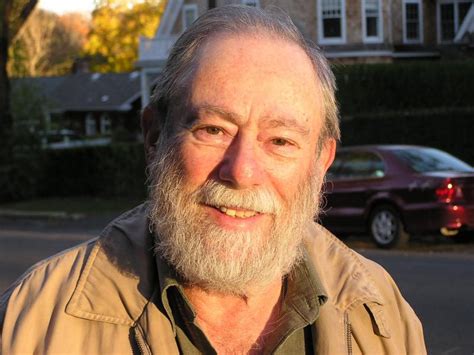A Quote by Stanley Kunitz
The first task of the poet is to create the person who will write the poems.
Related Quotes
My poems are certainly in the lyric tradition, but perhaps a reader can tell me more precisely who I am as a poet. How can I be so old and not know? I have always been deeply grateful for the urge to write, the desire to create, that's certain. Writing has always been the way I make sense of life. Perhaps my poems define me, rather than the other way around. They do constantly surprise me.
We write to understand our deepest secrets to ourselves, to understand. We write in an outpouring of love. We write in secret, either for publication or for a journal no one will see, or we write poems to be privately printed for the eyes of friends alone - this is not our choice. The urge is to create. The outcome belongs to God.
Productivity is a relative matter. And it's really insignificant: What is ultimately important is a writer's strongest books. It may be the case that we all must write many books in order to achieve a few lasting ones - just as a young writer or poet might have to write hundreds of poems before writing his first significant one.
